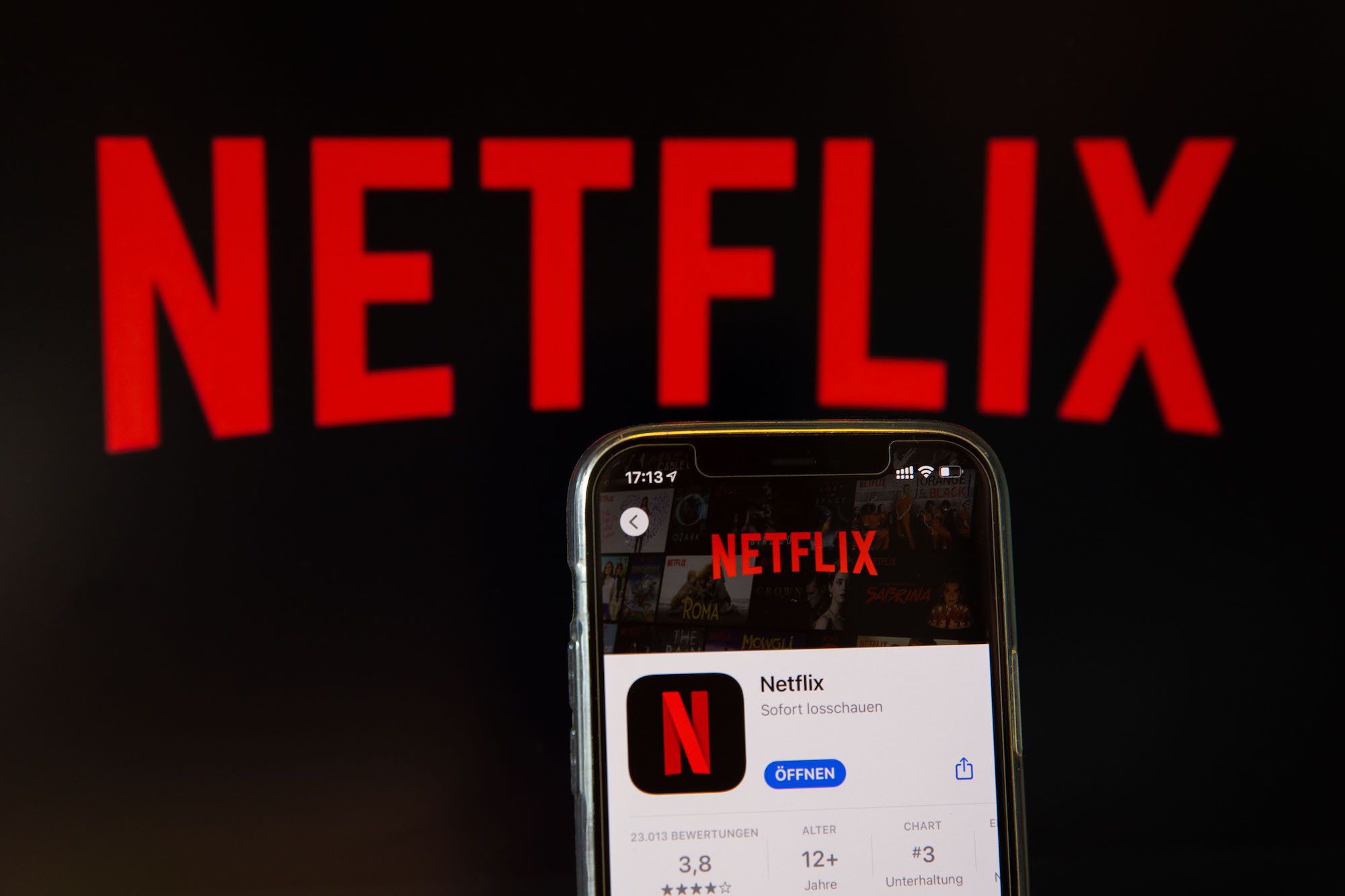Do Reboots Actually Make Money?
Reboots, remakes, sequels, reunions—all of these types of television and movie content have one thing in common. Reboots and similar content have the ability to evoke nostalgia in audiences that make them want more. But when it comes to the bottom line, are reboots really that profitable?

Is there always an audience there ready and willing to consume the same story over and over? The numbers say that people will show up for anything that gives them a hint of the same magic that made their favorite movie or television show something they couldn’t miss.
Reboots are actually profitable
Despite the varied quality of reboots, this type of content has been very profitable for studios, according to Equities. That is why you not only see a movie franchise have multiple installments but also in many cases, you will have a reboot of the same franchise rebooted within a decade of the first.
Spider-Man is one famous example of a franchise that gets a reboot with a new cast of actors playing the same characters every few years. Yet despite all the similarities in the movies, fans do show up to see what’s new with every subsequent release.
The reason that so many reboot attempts in movies and television stay profitable is because of the combination of curiosity and nostalgia in the fans of the original. Even if they don’t end up liking the reboot, they will still watch to see how it differs from the original. And in many cases, the reboots have the same style and quality as the original, so for super fans, it ends up being worth their time and money.
The amount of reboots frustrates some viewers
Reboots can be a controversial topic for some avid viewers, especially in the realm of television. Some believe that reboots are just adding unnecessary content to the already overwhelming television landscape. With network broadcasts plus dozens of streaming services, a viewer could easily be bombarded with a hundred premieres of scripted shows each season.
Yet, on the other side of streaming, viewers can access much of the television and movies that they had as a kid. If they can watch the original, why does a reboot need to happen? In some cases, viewers of beloved shows and movies are also faced with the fact that the characters just aren’t the same people that they remember.
Sometimes life events lead them to be people that are more reflective of real life, but less intriguing as that same character. And sometimes, real actors pass, and producers have to make the difficult choice of replacing a character or killing them off, creating an atmosphere that doesn’t quite mirror the original.
Viewers who are frustrated by studios taking the time and effort to create yet another reboot want something more. They want to see these same efforts being put into new, fresh, original programming. Even as the volume of reboots grows, there are still plenty of new shows for viewers to check out and talk about.
Could a reboot backlash happen?
While viewers clamor for new content across the board, getting rid of reboots altogether is unlikely. Studios and producers know that reboots are important projects that can bring in a certain amount of profit, while it is a huge gamble to take on a new project where the potential for profit is unknown.
Unless viewers take a stand and refuse to watch all future reboots, this type of content will continue to be made to satisfy the curiosity and sense of nostalgia for both old and new fans.


